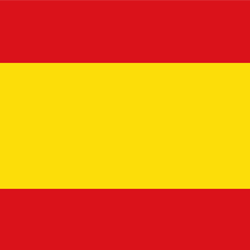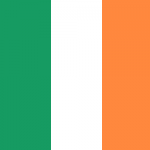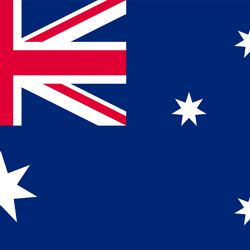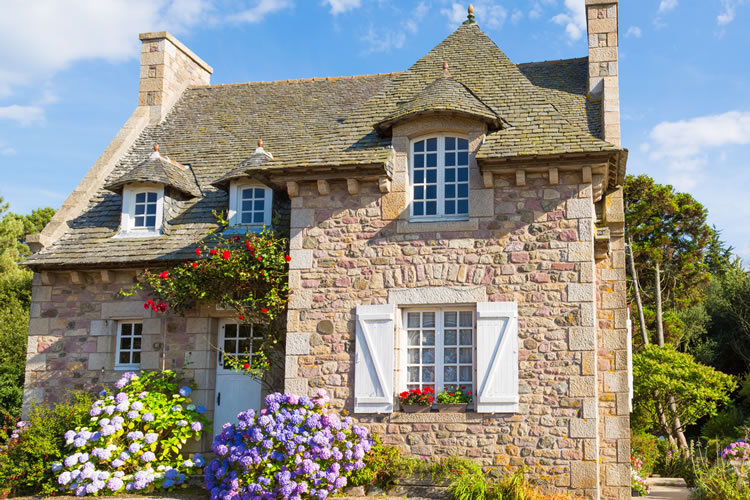If you are one of the rare number of expats who didn’t decide to move to France after falling in love with the nation’s famously complicated tax system, you might be wondering what the costs are of purchasing a property on the continent.
There are several different taxes to think about, but luckily a notaire is involved in the process, so calculating them is someone else’s responsibility. You just need to make sure you know how much you might have to pay and when, to avoid nasty surprises down the line.
At least one thing about the French tax system is nice and simple; the tax year in France is the same as the calendar year, so eligibility for property taxes is based upon who occupies the property on January 1st.
What better way to start the New Year than with tax bills?
Here’s what taxes will be applicable on your French property purchase.
Frais de Notaire (Notaire fees)
Although a substantial amount of the purchase price is payable to the notaire, and is often therefore known as notaire fees, most of this is in fact taxes.
The notaire’s actual fee is usually only around 1% of the purchase price, with the rest being stamp duty land registration taxes and other taxes levied by the local authorities. The notaire is responsible for collecting these taxes and ensuring they are paid to the correct authority.
The rate of tax depends upon whether you are buying an older property, a new home (one under five years old), or an off-plan home.
VAT is not payable on the sale of older homes, so the total conveyancing fees and taxes payable tend to be around 7-10%, with stamp duty accounting for over half of that.
VAT is payable on new homes and off-plan homes at a rate of 20%, but is usually included in the purchase price if you are buying from a developer; in this case the home will be listed as TTC, which stands for Toutes Taxes Comprises. Make sure to check with the seller to make sure this definitely is, or isn’t, the case.
If you are buying a home less-than five years old from a private individual, you do not have to pay VAT, but will pay stamp duty of around 5-6%, compared to 0.7% when dealing with a developer where VAT is applicable.
Taxe d’habitation (Residence tax)
It doesn’t matter if you are the property owner or a long-term tenant; if you ‘occupy’ a property at the beginning of the year, you are liable to pay the taxe d’habitation.
You must pay the residency tax even if you use the property as a second home; eligibility is based upon whether the property is suitable for occupation, not upon whether it is actually being occupied.
Taxation on a second home may be higher than on a permanently occupied one, as non-residents do not get access to the discounts and exemptions available to domestic residents.
If you rent the property long-term, your tenant/s are liable to pay the residence tax. If you let it on a short-term basis, the responsibility remains with you.
Residence tax also covers the contribution à l’audiovisuel public – the French equivalent of the TV licence.
You as the buyer do not have to reimburse the seller for the proportion of taxes covering the remainder of the year during which the property will belong to you.
A seller concluding a sale on January 2nd would still have to pay a whole year’s worth of taxes on the property.
It therefore wouldn’t be surprising if French estate agents are constantly hounded by desperate clients over the Christmas period as the new tax year approaches.
Taxe fonciére (Land tax)
Like residency tax, land tax is payable by the person who occupies the property – or owns a property suitable for occupation – on the 1st of January. However, it is not payable until around the middle of September.
This means if you bought a property on the 1st of February 2017, theoretically speaking you wouldn’t need to pay your first taxe fonciére liability until autumn 2018.
However, unlike the taxe d’habitation, taxe fonciére usually is split between the seller and the buyer. This is most likely done proportionally, with the notaire overseeing the allocation of liabilities to each party to ensure the process is done fairly.
Learn about tax, avoid the headaches
It’d be hard to argue that tax is one of the most exciting parts of owning a second home or expatriating to France. But it is necessary, and understanding it from the beginning will help you budget correctly and keep on top of it all.









